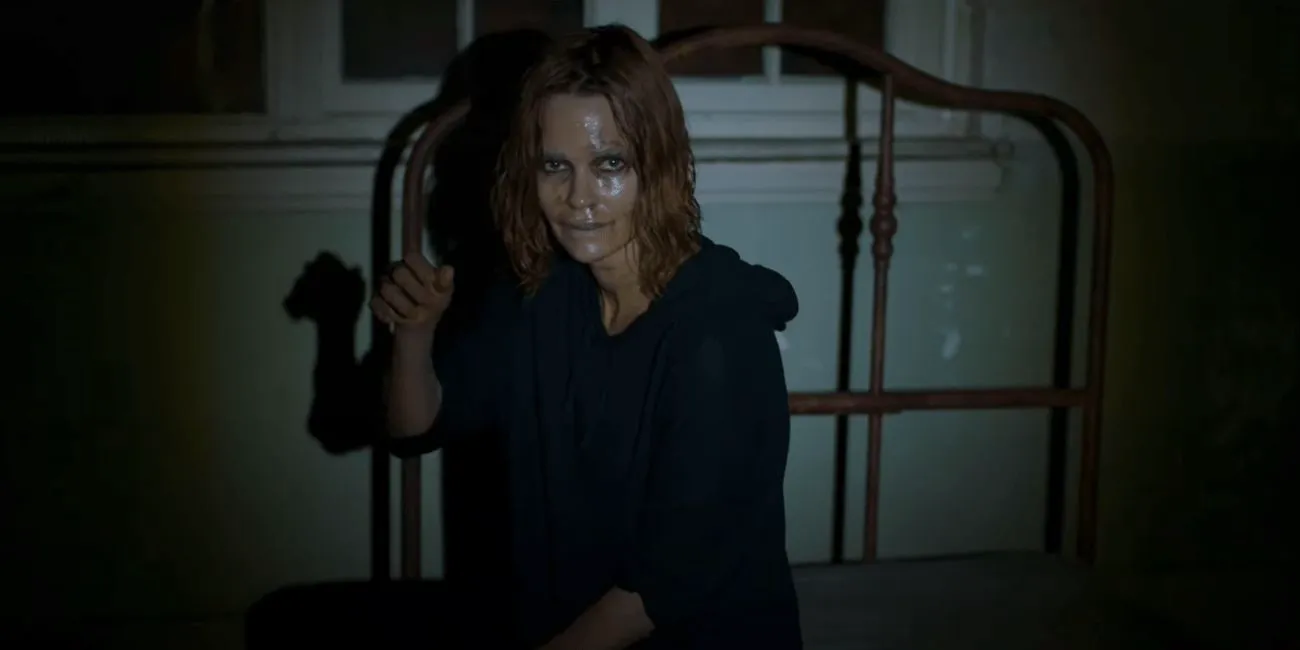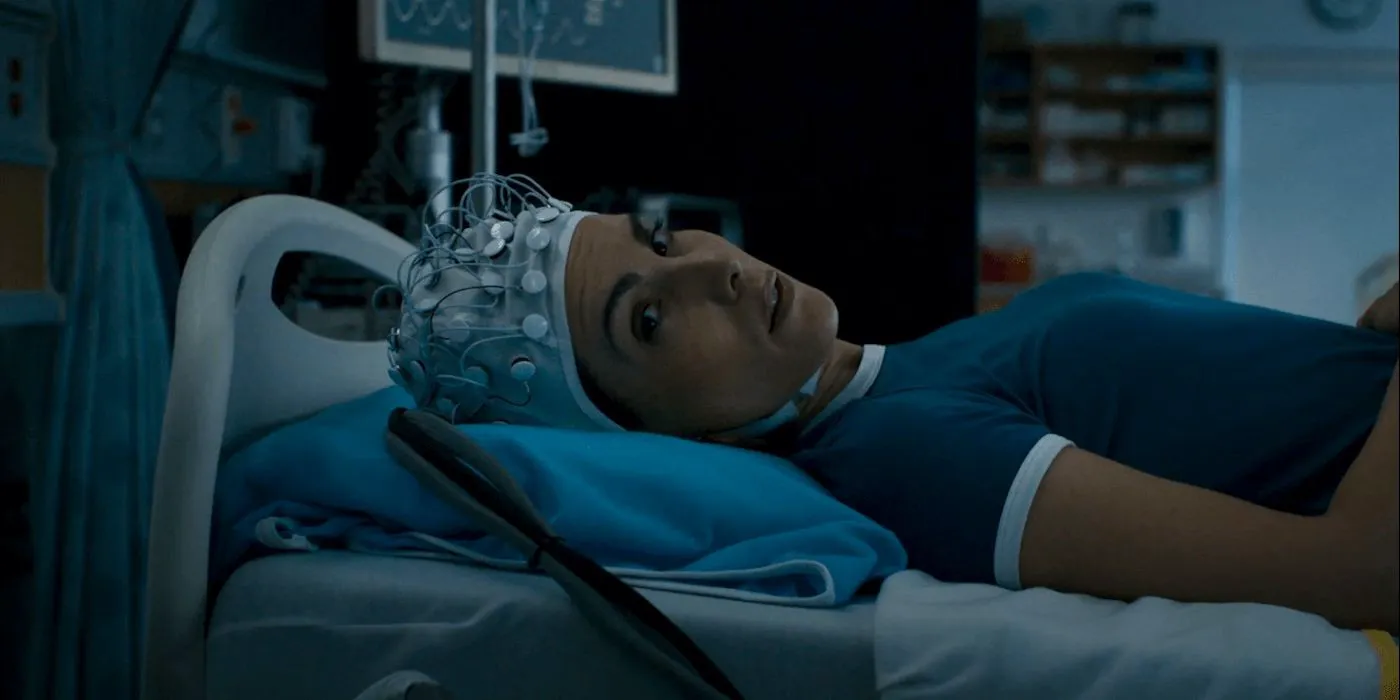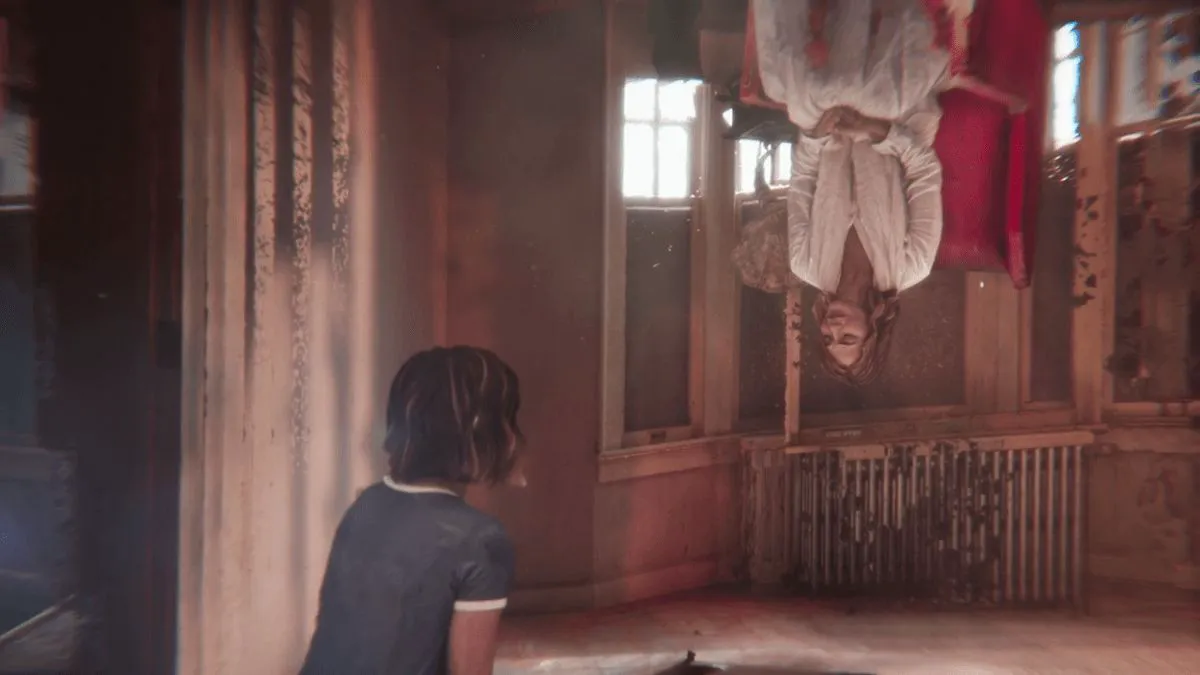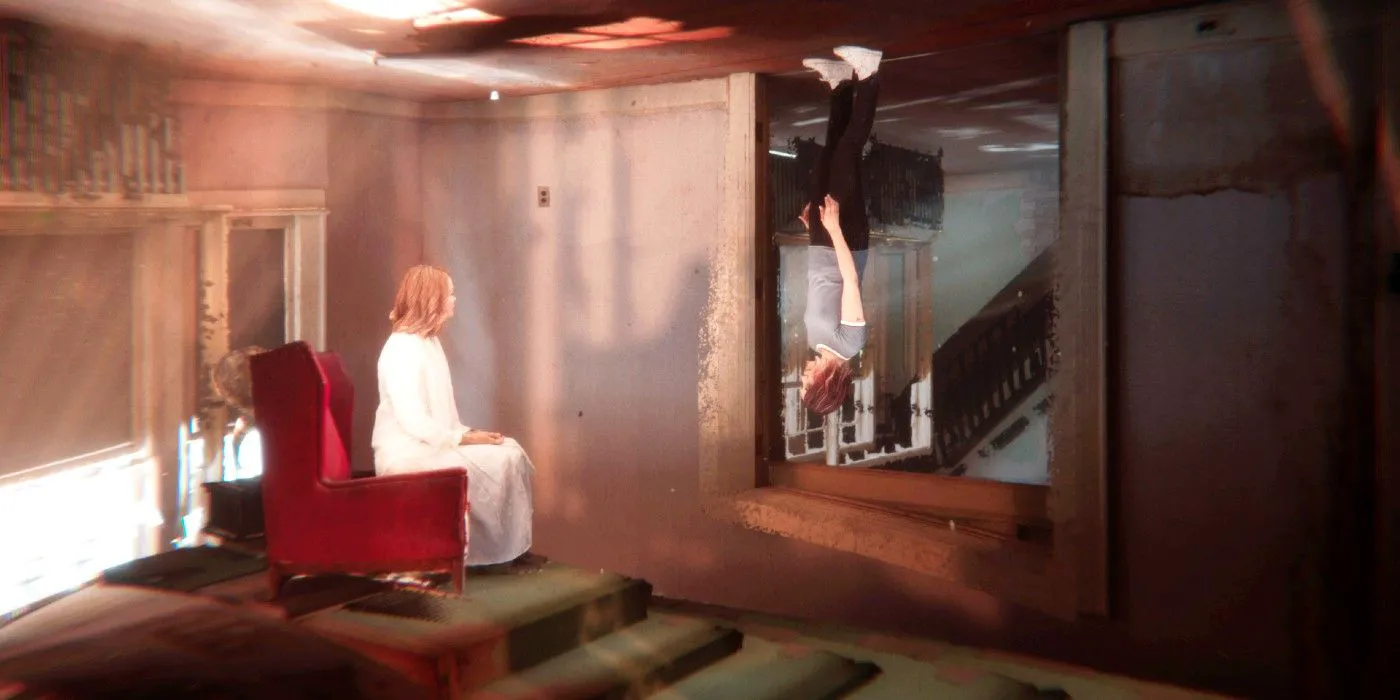The Perils of Directing: A Tale of Two Filmmakers
The world of directing isn’t always glamorous. Just ask Josh Trank or Neill Blomkamp, two directors who experienced both meteoric rises and precipitous falls in the eyes of audiences and critics.
Trank’s story is well-known: after a promising debut with the anti-superhero thriller “Chronicle,” he was caught in the gears of studio filmmaking. The disastrous “Fantastic Four” reboot damaged his reputation (though the blame arguably lies with producers who heavily edited the film). Even the passable “Capone” couldn’t save him from being labeled a Hollywood underdog.

Still from “Demonic”
Blomkamp’s situation is more complex. He started as a VFX artist and remains skilled in that area. Even his weaker films contribute to or reflect current trends in computer effects. After the success of “District 9,” he followed up with the mediocre “Elysium,” and then the disappointing “Chappie” (which grossed $100 million on a $50 million budget). A planned “Alien” sequel was canceled, and short films that were meant to become features remained short. Now, we have “Demonic.”

Carly Pope as Carly in “Demonic”
“Demonic”: A High-Tech Horror Mishmash
“Demonic” is ostensibly a horror film about exorcism, but it’s really a blend of horror and science fiction, with a dose of family drama. Carly (Carly Pope) hasn’t spoken to her brother Martin (Chris Martin) in years. When their mother is imprisoned for a series of murders, Martin claims she’s possessed by demons.
Years later, Martin contacts Carly, saying he’s in an experimental lab where their comatose mother is being held. Her brain refuses to communicate with anyone except Carly. At the lab, which is run by a company testing consciousness reconstruction technology, Carly meets Michael (Michael Rogers), who asks her to enter her mother’s mind to find the cause of her condition.

Carly Pope as Carly in “Demonic”
Trank vs. Blomkamp: Two Different Approaches
Comparing Blomkamp and Trank is deliberate. Both are outsider directors who have experienced both love and hate from the industry. However, they are filmmakers of different calibers and with different approaches. Trank has consistently explored the traumas of exceptional individuals, from Al Capone to the Thing from “Fantastic Four.” His unwavering focus suggests that no failure will deter him. Trank’s films explore human relationships, often featuring characters who defy expectations. He challenges established norms and has faced criticism for it.
Blomkamp, on the other hand, seems to have lost his way after “Chappie.” He stated that he would focus on audience interests, but this backfired. While his style wasn’t always perfect, “District 9” and “Chappie” had a metaphysical element reminiscent of Nolan’s “Interstellar”—love. “Demonic” lacks this. It feels like a cold, calculated project by a tech-savvy artist who decided to make a low-budget horror film during the pandemic. The focus is not on the story but on volumetric capture technology. Unlike Trank, Blomkamp is more interested in the relationship between humans and technology. As a result, scenes involving computers feel more engaging than conversations about family.

Carly Pope as Carly in “Demonic”
Technology as a Means of Exploration
For Blomkamp, technology is a way to understand humanity and delve into its darker aspects. The best moments in “Demonic” are not the digital exorcism scenes, but the characters’ attempts to connect through technology. The company employees tell Carly that the device they’re using is a prototype. When she enters her mother’s mind, the visuals glitch, the movements are less fluid than in motion capture, and the graphics resemble a low-budget indie game.
This reflects the reality of volumetric capture technology, which is still imperfect and complex. However, it has the potential to create more detailed, three-dimensional images that could impact advertising, film, and other forms of content. Blomkamp treats his characters with care: some (the scientists) seek to master the technology, while others (Carly) use it for therapeutic purposes, which is similar to the essence of cinema.
However, when Blomkamp deviates from these intriguing universes, he resorts to tired genre tropes: characters running from demons, screaming, and predictable jump scares. If this were the Blomkamp before “Chappie,” he might have continued exploring the love-hate relationship between humans and technology. But the new Blomkamp seems disillusioned. He’s become a studio conformist, unlike Trank, who continues to film about madmen and outsiders. As the saying goes, five hundred conformists are worth one bad director who believes in his own exceptionalism. Unfortunately, “Demonic” is more interesting to discuss in terms of what it could have been rather than what it is. It’s a sad admission of the author’s powerlessness, a sign that he will now think twice before discussing things that interest him, wondering if the public will care. And the answer is, no, they won’t.